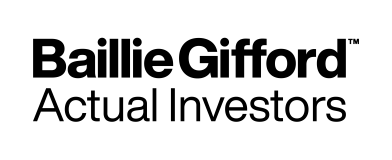Investor expectations have been dialled up by market returns in recent years. Advisers will need to talk them down
- Investors expected an average annualised return of 10.7% from their portfolios over the next five years
- The younger the client, the higher the expectation
- With an ageing population, low inflation and poor productivity, returns are likely to be lower from here
Had any adviser achieved an annualised return of 10.7% from their portfolios over the past five years, they’d be feeling like they’d done their investors proud. If they achieved a return of 10.7% per year from here, after a decade of rising equity and bond markets in a slow growth environment, it would be nothing short of miraculous.
Yet this is where investor expectations have landed according to the latest Schroder Global Investor Study. It showed investors expected an average annualised return of 10.7% from their portfolios over the next five years: one in six expect a 20% annualised return over the same timeframe. ‘Unrealistic’ and ‘staggering’ was Schroders view.
The trouble is, buoyant markets and the era of quantitative easing have set these higher expectations. Between 2008 and 2018, the index's average annualised return has been 11.3%. Volatility has been notable absent and it hasn’t felt like investors have had to take lots of risk to achieve these returns.
These returns have only been achieved from a spectacularly low starting point – the FTSE 100 at 3,530, the S&P 500 at 735. The idea that similar returns can be achieved with a starting point of 2,941 for the S&P 500 and 7,606 for the FTSE 100 seems daft.
Nevertheless, it poses a problem for advisers. Firstly, it skews investors’ definition of risk. This has been seen in some of the recent scandals, such as the London Capital & Finance collapse. Investors promised 8-10% return considered this a realistic return, rather than recognising the risk needed to generate it.
It means investors may not recognise the importance of saving. If they believe they can make a 10% return, why save more into their retirement pots? This is a particular problem for younger investors. Babyboomers have more realistic return expectations of 7.5%. For millennials, it sits at 11.7%.
Advisers will have an important job in managing these expectations over the next few years as factors such as an ageing population, low inflation and poor productivity influence returns. Schroders adds: "All indicate the next ten years will not match the returns of the previous ten years."









